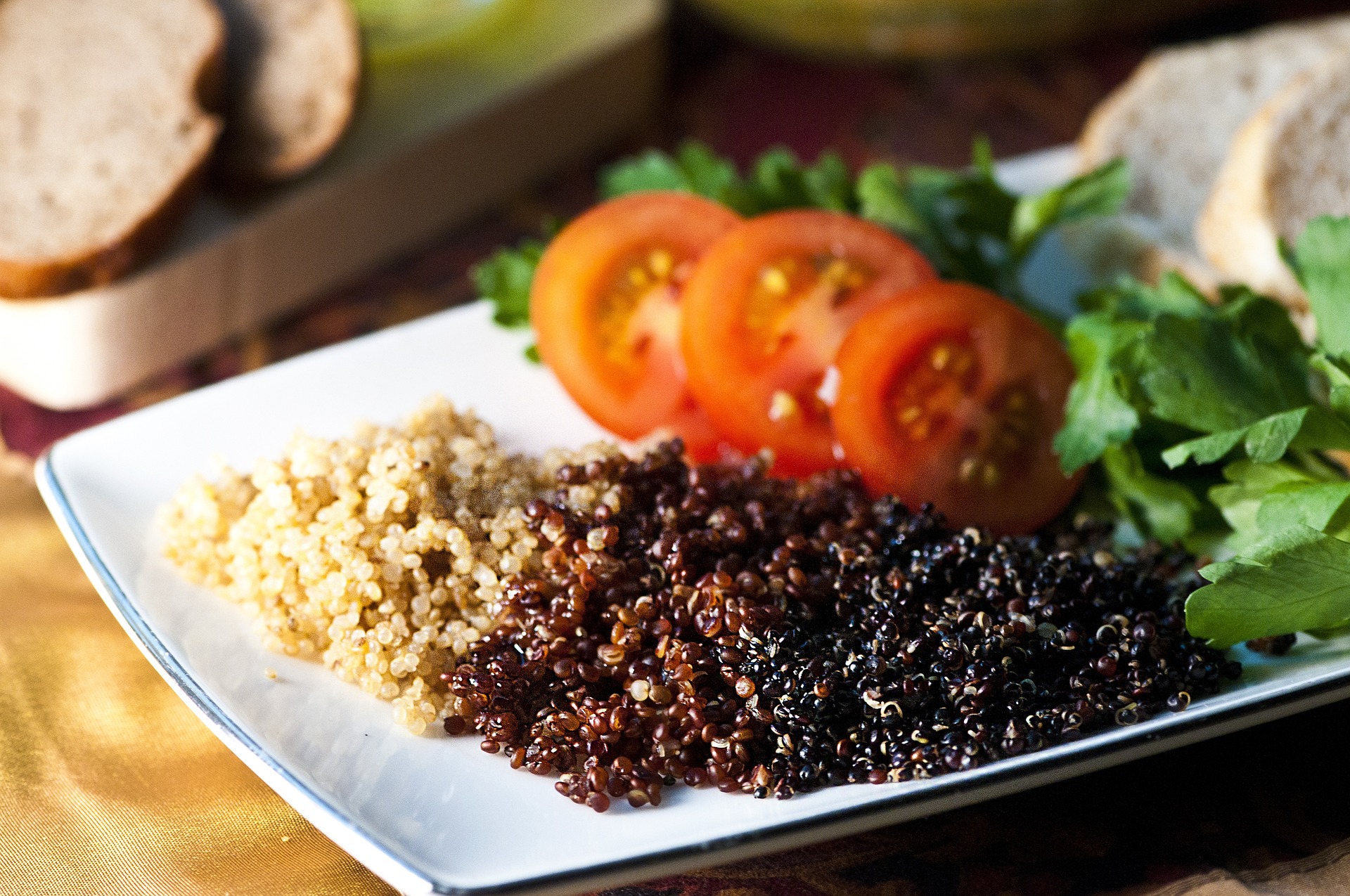In our last article, we discussed 40 quick tips to manage weight and elevate energy levels. Today, we continue the discussion with tangible strategies for weight loss that will also fight against the fatigue and lethargy that can sabotage your efforts. While everyone is different, these recommendations will help the majority of women to take control of their health.
Expert Tip: Consult a medical professional before starting a new health or exercise routine. This is not only for your safety; a medical evaluation will also help identify specific issues hindering your individual progress. By working with a nutritionist and wellness professional, you can ensure that you are maximizing your efforts based on your body and unique health profile.
What to Eat for Health and Weight Loss
Protein: Protein allows you to feel “full” over a longer period of time, and also helps to maintain muscle mass. Chicken or lean beef, milk, almonds, peanuts and eggs are all good sources of protein.
Snacks: Protein is also your best choice for snacks, filling you up and keeping you satisfied between meals. Consider a handful of nuts, a protein smoothie or a hardboiled egg as a protein snack. Other healthy snacks include nutrient-dense veggies and hummus – good to keep available to avoid reaching for junk food.
Low-Glycemic Index Foods: Foods that have a low glycemic index help to maintain stable blood sugar levels. Examples of low-glycemic index foods include beans, lentils, and leafy greens.
Fiber: A high-fiber diet is vital for gut health, digestion, and moderating appetite.
Anti-inflammatory Foods: Chronic inflammation can wreak havoc on metabolism and energy levels. Anti-inflammatory foods (such as berries, leafy greens and omega-3 rich foods) will help to fight against inflammation.
Bone Broth: Collagen-rich bone broth supports the health of the gut lining and aids digestion.
Prebiotics: Garlic, onions, and leeks feed beneficial gut bacteria, facilitating digestion and weight management.
Probiotics: Fermented foods like yogurt, kimchi, or kefir support healthy gut flora.
Vinegar: Apple cider vinegar is the most popular way to integrate vinegar into a daily routine, as it improves insulin sensitivity and reduces hunger. However, other types of vinegar will work as well.
What to Eliminate to Promote Overall Health
Alcohol: Liquor, beer and wine deliver a high number of empty calories while throwing your metabolism off balance.
Processed Foods: Overly processed foods contain hidden sugars, unhealthy fats, and high levels of sodium, which can sabotage your weight loss efforts.
Artificial Additives: Food additives and preservatives can negatively impact gut health and digestion.
Gluten: If you are sensitive to gluten, eating it can result in digestive issues, inflammation and weight gain.
Habits to Form to Facilitate Weight Loss
Food Intake Journaling: The best way to have an accurate record of what you eat is to keep a daily food diary. These journals reveal eating habits and identify key areas over time that may need improvement or change.
Start Intermittent Fasting: Restricting food intake to a set window can help regulate insulin levels and facilitate fat loss. For instance, you may choose to eat only between the hours of 10am and 6 pm – with only clear liquids outside of that time frame.
Eat Slowly: The brain may not realize your stomach is full for 20 minutes after eating. By eating slowly and letting the brain catch up, you can avoid overeating.
Omit Liquid Calories: Many people inadvertently take in excessive amounts of calories in what they drink. Replace any sugary drinks with water, herbal teas, or sparkling water.
Take a Post-Meal Walk: A short walk after your meal will support digestion and assist in the regulation of blood sugar levels.
Get Adequate Sleep: A lack of quality sleep is associated with both weight gain and increased appetite. Try to establish a routine that allows for 7-9 hours of sleep per night. Look into magnesium supplements which can relax muscles and promote sleep.
Lower Stress Levels: Chronic stress can result in overeating and weight gain, especially around the belly.
Increase Activity: In addition to structured exercise, find opportunities to increase daily steps and activity (such as taking the stairs or walking to the store).
Add Strength Training: Building muscle speeds up the metabolism and supports weight loss.
Deep Breathing Exercises: Deep breathing can reduce stress, enhance oxygen flow, and elevate energy levels.
Longevity Wellness Heps to Identify YOUR Best Weight Loss Strategy
Longevity Wellness Clinic is dedicated to helping women to achieve their optimal level of health – holistically, safely and naturally. If you are struggling with low energy or weight loss and have been frustrated with your results, call us today for a personal consultation.




